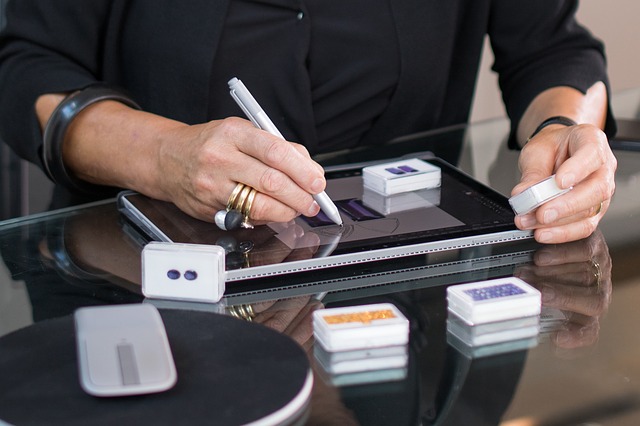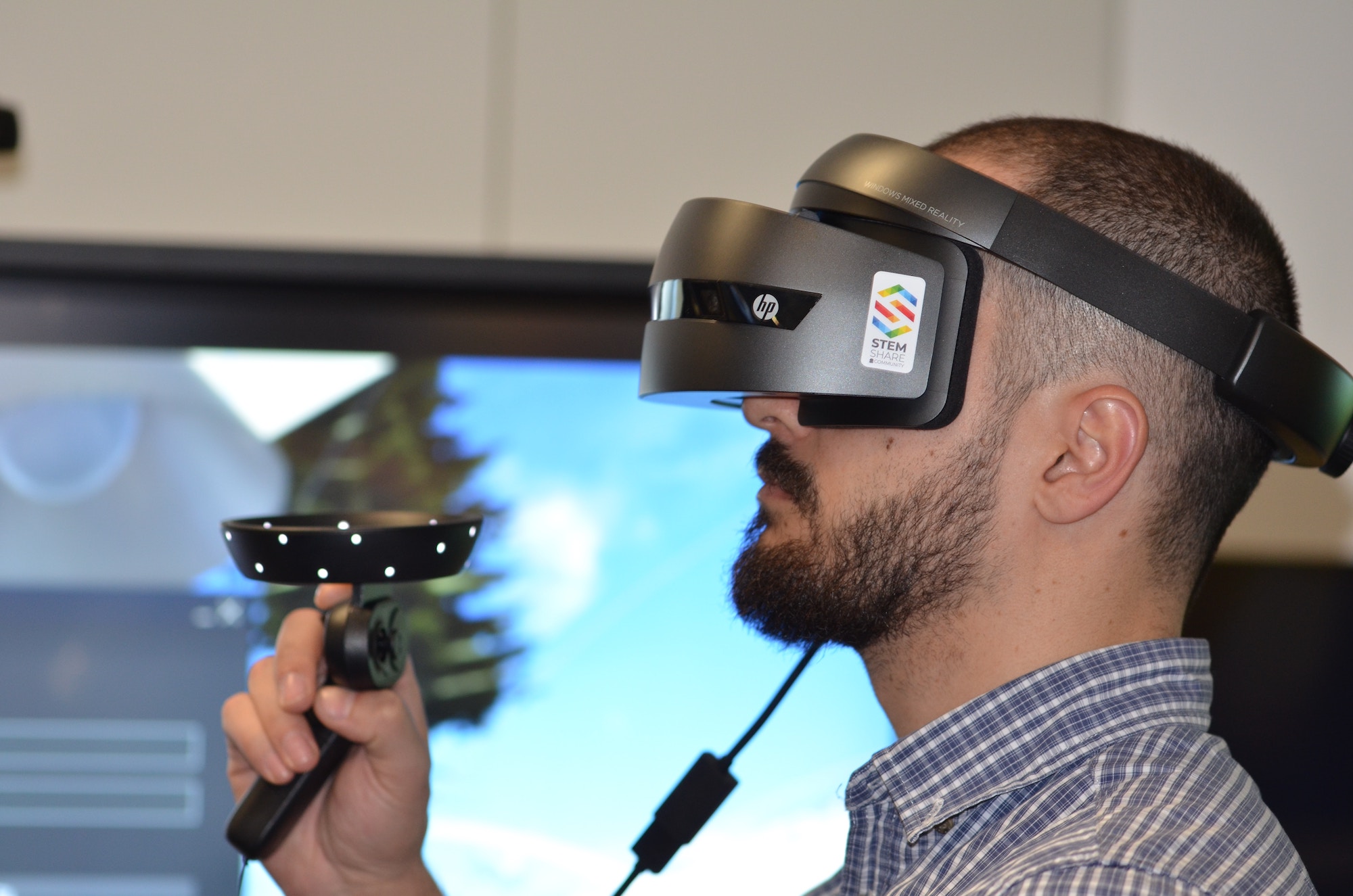We hear a lot about how millennials work. From workflow tools like Basecamp to telecommuting to meetings via Skype, millennials operate in an incredibly mobile, transparent, and collaborative manner.
Tech plays a major role in the professional lives of millennials. As a generation of digital natives, millennials embrace technology much more quickly. This is revolutionizing the way they learn business, too. Here’s how:
Tech makes business learning mobile and flexible
You’ve probably heard that millennials aren’t big fans of the 9-5 schedule. As Elizabeth Dukes, an entrepreneur, notes, this is because a flexible workday aligns with their desire for a work-life balance and the on-demand nature of the economy. It’s made possible through the power of technology, which ensures seamless communication and continuous collaboration.
Similarly, learning business — whether training at a company or studying in school — has gone beyond the traditional classroom. From watching training videos while riding the subway to discussing a project from the coffee shop, millennials learn from anywhere. That’s thanks to mobile technologies and the online nature of learning today.
For instance, you can now obtain an MBA entirely online through reputable institutions, including Indiana University, University of Florida, and Temple University. These programs often enable students to complete work in accordance with their own schedule. For the bulk of your education, you could be living hundreds, if not thousands, of miles away and not even step foot on campus.
At businesses, fully mobile learning and training have been rising fast to meet millennial demands for flexibility. 87% of organizations that have a learning management system employ a cloud-based tool so employees can access educational content from home and on the go, in addition to at work.
Tech makes the Business Learning Process Personalized and Collaborative
Gone are the days of a one-size-fits-all approach to learning. Millennials have the tools in their hands to quickly obtain knowledge and skills they specifically need to know.
Take a look at modern workforces. They’re constantly sharing knowledge and skills through communication and workflow tools. For example, teams are using Slack to group and categorize conversations and information, giving them the ability to build a knowledge base that meets the learning needs of the workforce. Millennial workers can have a question solved in literally seconds by a team member that has the answer.
Beyond that, companies are having employees take online courses to bolster skills necessary for the job. Massive open online courses (MOOCs) serve as a convenient option. They’re becoming increasingly popular for businesses to develop skills their millennial employees need. For example, Google signed 80,000 of its employees up for Udacity’s HTML5 course recently.
Cloud-based learning management systems are highly useful for educators and businesses that seek to personalize learning for millennials. Such systems, like Litmos and TalentLMS, allow for tracking progress, building personalized educational plans, crowdsourcing information and research, and creating custom courses and content.
Tech makes business learning more efficient
While sitting in classrooms for an hour, or three, is still here, universities, companies, and other organizations have embraced the new way of learning. Its mobile, flexible, collaborative, and customized nature makes it more effective.
Research findings highlight just how valuable technology can be in helping millennials learn a business. Companies miss out by not adapting to how millennials learn business today.
For instance, it’s estimated that e-learners can absorb nearly five times the amount of information those in a traditional classroom setting can. New learning methods offer millennials the chance to develop more quickly — and at a lower cost to their employers.
Additionally, since learning is more mobile and flexible, microlearning, which is learning in bite-sized chunks for three to seven minutes, has become more popular. Research shows microlearning actually makes the transfer of knowledge 17% more efficient, so this style of educating will likely be increasingly utilized by educators and businesses.
Going forward
Millennials became the largest generation in the workforce in 2015, according to the Pew Research Center. This makes it vital to understand how tech has redefined the way they learn business.
Just as the 9-5 grind may be a thing of the past, so too may the traditional classroom style of learning. Those companies that adopt the new technologies and approaches needed to educate and train millennials stand to gain the most.







